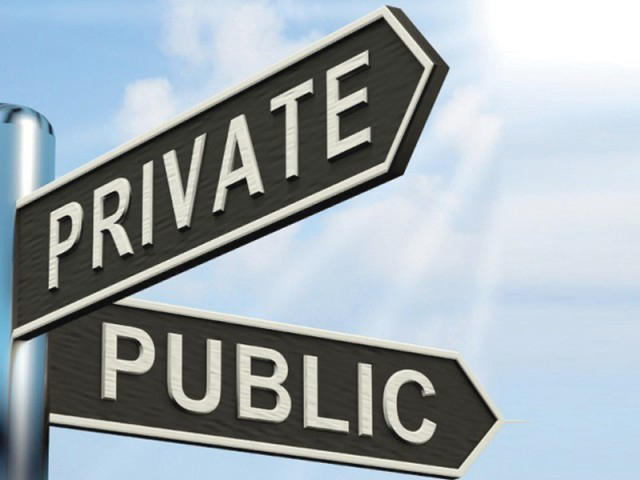
Privatization of public enterprises means that public companies that the government ran are transferred to private companies. The government are trying to implement privatization, but it has become a big issue in Korea.
Recently, the government decided that a subsidiary company of KTX will manage the KTX leaving from Suseo, and Korail will invest 30% in this railway. The rail union went on strike because they think that this is the starting point of the privatization of the railway. Therefore, the privatization of public corporations has become an issue. Although there is opposition to the policy, the privatization of public enterprises has many benefits.
First, privatization can provide a better service to people. Private enterprises aim to make a profit. Therefore, many private enterprises provide better services and products. However, public enterprises do not have competitors. Thus, the quality of service in public enterprises is getting lower. If the privatization of public enterprises is implemented, companies will compete with many corporations. Consequently, they will provide better services. For example, in the late 1990s, satisfaction with KT&G was lower than its competitors. However, after KT&G became a private company in December 2002, satisfaction with KT&G increased. Therefore, the privatization of public enterprises can improve quality and increase people’s satisfaction.
Second, privatization can pay long-term debt. Now, many public enterprises are struggling with debt. According to the performance announcements of seven major public enterprises such as LH, Korea Electric Power Corporation, and Korea Gas Corporation, their debts reached 520 trillion won in 2013. S&P, which is an international credit rating agency, warned of the high debt ratio of public institutions at a seminar held by the International Financial Centre last year. Debt can be a potential risk factor for Korea’s credit rating. However, by making subsidiary companies and introducing competitors, enterprises can produce more profits. For example, Germany established a subsidiary company of the public railway and introduced a competition system. As a result, its debts decreased.
If the government privatizes public enterprises, public enterprises can decrease long-term debt. Privatization of public enterprises can also provide better services to people. Therefore, the privatization of public enterprises should be implemented.
By Ji Kyung-eun
KMG Editor
dodoji93@kmu.ac.kr
KMG Editor
dodoji93@kmu.ac.kr
Recently, the government decided to privatize the KTX departing from Suseo. Korail operates the railroads in the country and it is a public enterprise. However, recently, the Suseo KTX Corporation was established, so now Korail has to compete with other companies. The privatization of public enterprises like Korail has become a social issue. In these situations, the privatization of public enterprises should be stopped.
The government established and operates public enterprises such as the Korea Railroad Corporation, the Korea Electric Power Corporation, and the Korea Highway Corporation to provide public services. Public enterprises pursue the public interest more than profit. For example, despite having a deficit, Korail has operated Mugunghwa trains. The earnings of the KTX on the Gyeongbu Line have covered the deficit of the Mugunghwa trains. Many people use Mugunghwa trains because they have lower fares than the KTX. However, if the railroad is privatized, Mugunghwa trains might be stopped. If so, the damage will come to people who take Mugunghwa trains. Public enterprises like Korail have to pursue the public interest more than profit.
Second, the price of goods and services will be increased. Public enterprises provide public services to many people at a low price. However, private enterprises don’t want to produce goods and services which do not bring profits because their purpose is to create profits. Their purpose in purchasing public enterprises from the government is to create profits, and it will cause prices to rise. Jakarta, the capital of Indonesia, privatized the city water. As a result of privatization, charges for water rose by 35% in 2001, 40% in 2003, and 30% in 2004. If public enterprises are privatized, costs will increase. Then, people will experience inconvenience.
The public benefits from the goods and services provided by public enterprises. If public enterprises are privatized, many people will experience inconveniences such as price rises. Therefore, the privatization of public enterprises has to be stopped in the public interest.
By Jang Ah-hae
KMG Editor
ahhae628@kmu.ac.kr
KMG Editor
ahhae628@kmu.ac.kr








